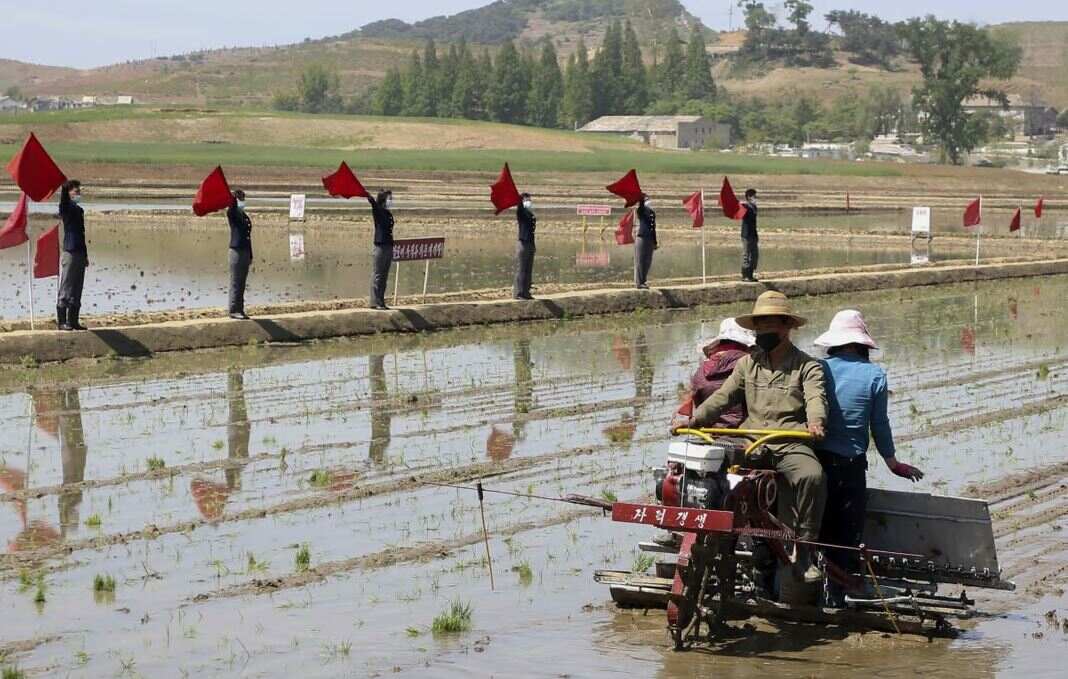Covid-19 has led to a worsening of North Korea’s food crisis, yet the country is not yet experiencing famine, according to new reports from aid organizations and experts.
The global pandemic has exacerbated North Korea’s already dire food shortage, as the country’s borders remain closed and international aid has been limited due to Covid-related restrictions. The situation has been further complicated by natural disasters such as floods and droughts, which have destroyed crops and livestock.
Despite these challenges, however, North Korea has managed to avoid a famine so far. This is partly due to the country’s strict rationing system, which ensures that every citizen receives a basic amount of food each month. Additionally, North Korea has been able to increase its domestic food production through measures such as urban agriculture and hydroponics.
However, these measures may not be sustainable in the long term. North Korea’s agricultural sector is facing a number of challenges, including a shortage of fertilizers and pesticides, outdated farming techniques, and a lack of modern equipment. Without significant investment and reform, the country’s food production may not be able to keep pace with its growing population.
The food crisis in North Korea has been a longstanding issue, but the Covid-19 pandemic has brought it into sharper focus. As the world continues to grapple with the pandemic and its aftermath, it is important not to forget the millions of people around the world who are facing hunger and poverty. Aid organizations are calling for increased support for North Korea and other countries facing food crises, as well as long-term solutions to address the root causes of food insecurity.
